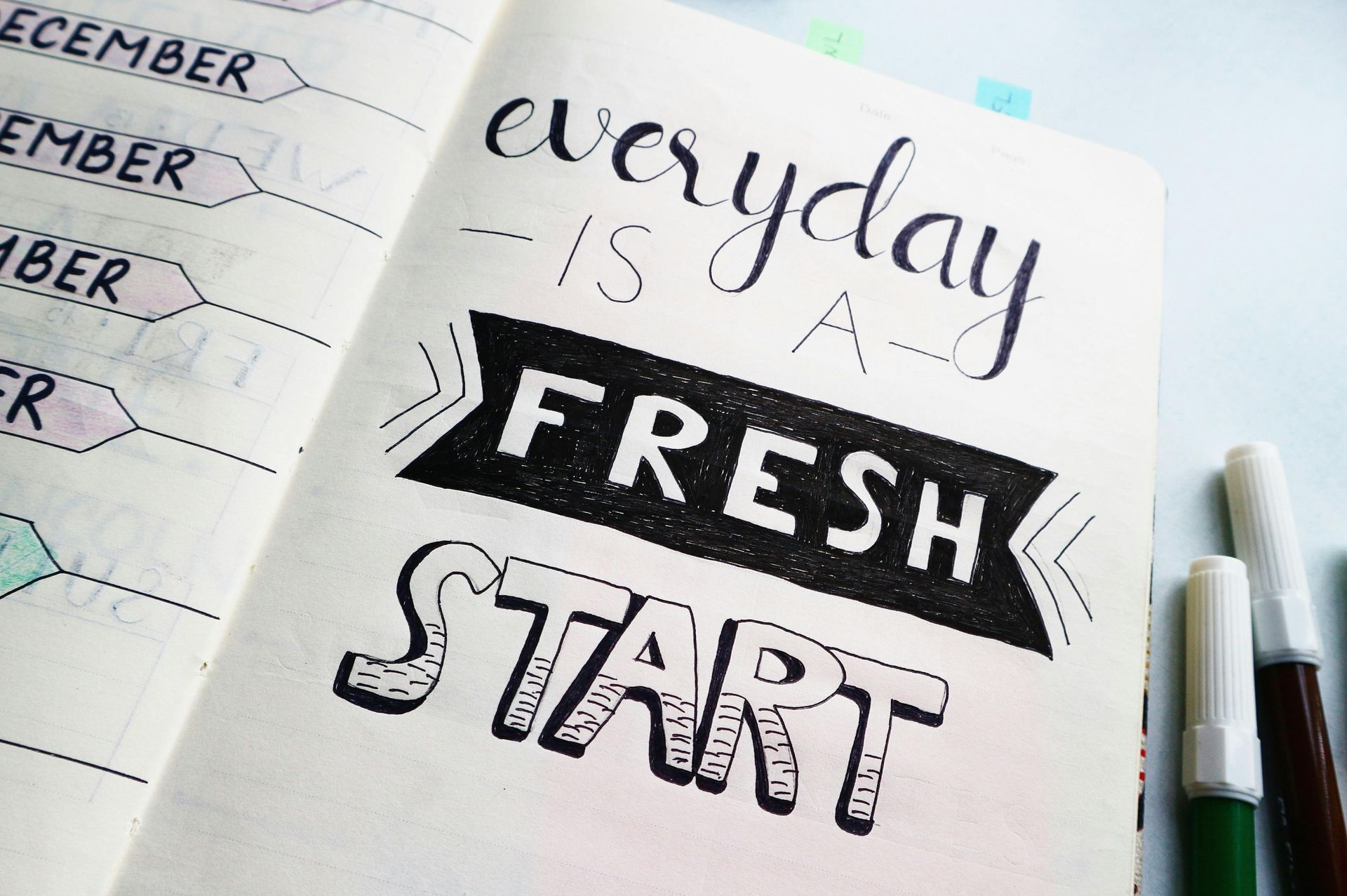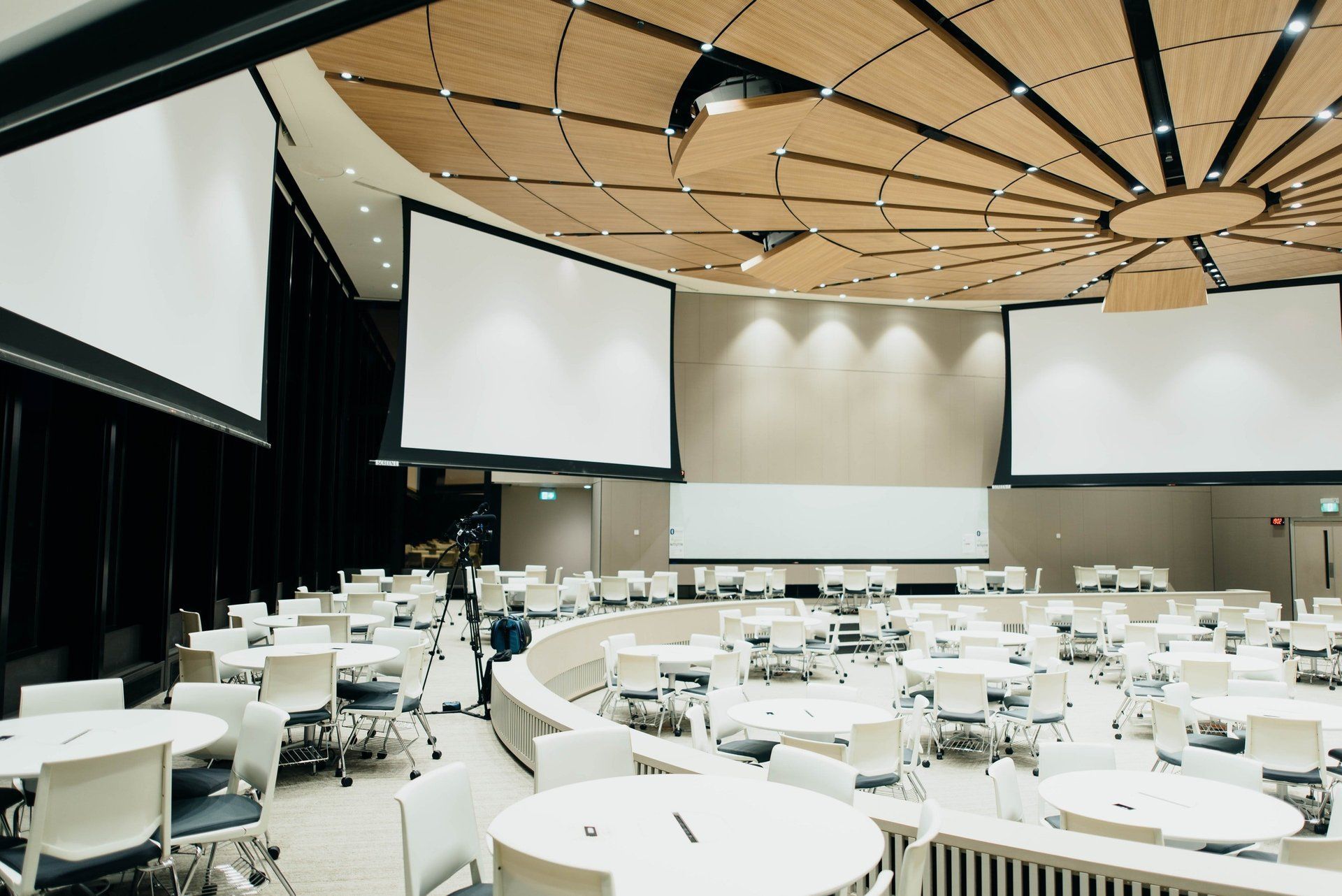News & Blog
News & Blog
NEWS

With in-person events temporarily suspended due to lockdown and restrictions, events moved online and virtual events became the primary event hosting model in 2020. The discovery of vaccines have been a game changer and we are all hopeful that in-person events will return soon. Here in the UK, the government announced a roadmap out of lockdown which could see the gradual reopening of hospitality venues and the return of in-person events this summer. This is subject to a review of data against the government’s four tests . The roadmap shows some large and controlled events of up to 1,000 people or 50% of capacity including conferences and sports events being allowed to open from the 17th of May . In addition, legal limits on social contacts and live events could be removed from the 21st of June . Whilst the biggest vaccination programme is now underway across the globe, countries are adopting different strategies and they are at different stages in their battle against coronavirus. You can see how different countries are tracking and handling the pandemic here - COVID-19 around the world . This has an impact on how soon international events will return. Thankfully, virtual events continue to provide event organisers with unlimited global potential. Virtual events can be just as effective as in-person event. They are similar to in-person events, the difference is that they are hosted over the internet rather than a single location or venue where attendees are physically present. If you are still wondering whether to make the leap from in-person events to virtual, we have outlined below five key benefits of running your events online. 1. Cost-efficient Without the need for extras associated with in-person events, example – accommodation, travel, catering, logistics and transporting materials to event venues, the cost of hosting and attending virtual events could be considerably lower. 2. Flexibility and Variable It’s not a decision any event organiser would make lightly but sometimes events have to be cancelled or postponed due to an emergency. The global pandemic is a recent example of an emergency beyond the control of any event organiser. The stress, time and energy required to replan an in-person event can be huge. Virtual events are much easier to replan and replicate. The flexible nature and clever use of technology allows you to set up a similar online event in a matter of weeks. 3. Making Global Connections The global reach of virtual events and the effective use of technology means you are able to reach an unlimited audience regardless of where they are in the world. Last autumn, one client’s event attendance almost tripled in size from 128 to 380 attendees when their in-person event changed to virtual. Of course, the social contact and connection experienced from meeting people in-person cannot be overlooked. But virtual events make it easier for your event attendees to connect with a global network of people. 4. Sustainability Virtual events can help people attend your event without the long travel distance and cost to be there in person. Hosting events online also reduces and removes a lot of the waste created when hosting in-person events, particularly with food and beverage and rubbish from set up or breakdown after the event. 5. Data Data is the new gold and technology is putting a lot of data directly into our hands. Whilst ensuring adherence to data protection regulations, you can gather valuable event data and leverage information which provides insights that help you make informed decisions. This reduces the risk that comes with trial and error testing methods on your event. Using the right virtual event platform and event management software you can harness data points throughout your event process, from online registration, to in-event activities, attendance tracking and post-event feedback. We hope that highlighting some of these benefits helps you take that confident step towards hosting your next virtual event. Planning a virtual event? Let us help you do the hardwork. Make an enquiry HERE .

As event planners or organisers, finding a venue that is available can sometimes be a challenge and keeping venue hire costs within budget an even bigger challenge. According to Eventbrite’s UK 2018 Pulse report , venue hire is one of the event organiser’s top 3 event costs. Not surprising, as the savvy event organiser knows that where you hold your event can be one of the biggest draws for potential attendees and choosing the right venue is critical to event success. Despite the apparent challenge of sourcing and securing suitable and affordable venues, event organisers are spoilt for choice because of the changing venue landscape. There are now many different event spaces on offer with incredible variety, from traditional to trendy, unique, cultural, unusual and other alternative spaces. In a high competitive market, venue owners/managers and sales managers are constantly trying to convince the event planner that their venue is the best space (or destination) for their event. From our own experience and that of event clients we have worked with over the years, we’ve put together the top 5 venue incentives which event planners look for from event venues. Top 5 Preferred Venue Incentives Added value items Added value items remain the most popular incentive. The term ‘value added’ refers to “extra” feature(s) of an item of interest (product or service) that goes beyond the standard expectation and provides something “more”. Added value items can give venues a competitive edge whilst providing clients with good value for money. Examples include extra audio-visual services, complimentary use of organiser’s office, cloakroom services, etc. Discount on multiple bookings Multiple bookings refers to placing two or more event bookings with an event venue or venue group. There are pros and cons for the event planner and venue provider. If done correctly, it can be a win-win situation. The event planner makes savings on venue hire costs and time sourcing event spaces. The event venue benefits from guaranteed volume business over a specific period thereby increasing room usage and occupancy levels of its event spaces, ultimately increasing revenue. Discount on long-term contracts Long term contracts remove the financial guesswork for both event venue and event organiser because it guarantees the former certain income and the latter a known level of expense over an extended period of time. Long term contracts also gives venues the opportunity to develop trusted, mutually beneficial relationship with clients, allowing you to get to know your client’s business and grow with them. It requires careful planning, fair negotiations and most importantly strong commitment to make it work. Sweet as the good side of a long term contract can be, the other side can leave a bad taste in the mouth of both parties. Incentive Gifts/Rewards Adding that little extra touch to a client’s event and enhancing their attendee experience can help venues standout. From simple give-aways that won’t break the bank to luxurious experiences, event venues need to be creative and consistent. Examples are, Company gifts: merchandise, water bottles, coffee mugs, etc Industry specific gifts: pens, notebooks, selfie sticks, etc Experiences: tickets to other events around the client’s main event such as concerts, sporting events, evening receptions, etc. Food and drink: fruit, chocolates, wine or champagne, etc Money/cash incentive: gift cards and vouchers Flexible Payment Terms Offering flexible payment terms come with business risks and there won’t be an all-encompassing solution to use with every event client. Nevertheless, being flexible with payment options could better maintain clients and attract new ones. According to Hubspot, a study by Forrester found that companies that offered flexible terms for payment saw sales increase by 17% and average order climb by 21% and it’s really no different in the event industry. With the right systems, processes and implementation, the offer of flexible payment terms could be a reason an existing customer or potential client continues or starts doing business with your venue. At Lenio Hospitality , we bring event planners and event venues closer together to achieve a common goal – delivering successful events through improving performance of their people, processes and profits. Want to know more about our event solutions? Call us on 0203-617-1010.

It’s the last quarter of the year and the Autumn conference season is now in full swing. Event planners/organisers have a busy schedule ahead either executing and delivering autumn events or planning a calendar of events for next year. Have you ever thought to yourself, “When should I start planning my event?”. It is a fundamental question event organisers constantly ask. The type of event planning we’re talking about here, however also includes promoting your event and to put it in context, event planning is a process of managing a project such as a meeting, conference, tradeshow, ceremony, teambuilding, party, etc. Planning an event involves many steps and tasks from concept to promoting and delivering the event. The best time frame to plan and promote any event is as early as possible. As a general rule of thumb, event lead times can be as little as 90 – 180 days for certain types of events. Major and larger events need a lot more time because of the volume and complexities of planning, promotion and coordination. Pulling off a successful event is no easy feat. Juggling different tasks and balancing deadlines, budgets, suppliers, stakeholders, exhibitors, attendees and venue staff can be stressful. Giving yourself and your events team plenty of time to coordinate all of these things will reduce stress levels. The benefits of planning your event early are huge. We discuss five key benefits below: 1. Cost savings Your chances of securing suppliers and services at good rates are a lot higher when you plan your event well in advance. Venues and service providers are likely to offer early booking discounts to win your business. Planning your event well ahead also gives you more time to patiently consider and compare offers. 2. Availability of suppliers Getting in quickly to secure the availability of suppliers and services providers will help avoid disappointment. This is especially important if you are organising an event during peak seasons. A big part of any event hinges on the right venue, the choice of venue options becomes very limited when you leave your planning too late. 3. Generate more interests Don’t forget you can start promoting an event even before you’ve planned it, so there is no need to hold off promotion until your plan is perfected. Planning early gives you more time to build up hype about your event. The greater the interests, the better your chances of increasing registration and attendance. 4. Flexibility to change options Planning an event involves input and coordination from different parties. A good planner expects the best but anticipates things may not always go to plan. Planning ahead will prepare you for any obstacles and challenges and allow you the flexibility to consider other options if necessary. 5. Reduce stress levels Event planning is a stressful job. Stress isn’t always bad but when stress exceeds your ability to cope, it stops being helpful and causes damage to your mind and body. Early planning allows you to have better control of your event project, breaking it down into smaller manageable steps. Need help with your event planning? The team at Lenio Hospitality can save you time and money, we can help with all or part of your event planning process. Click here to contact us.








